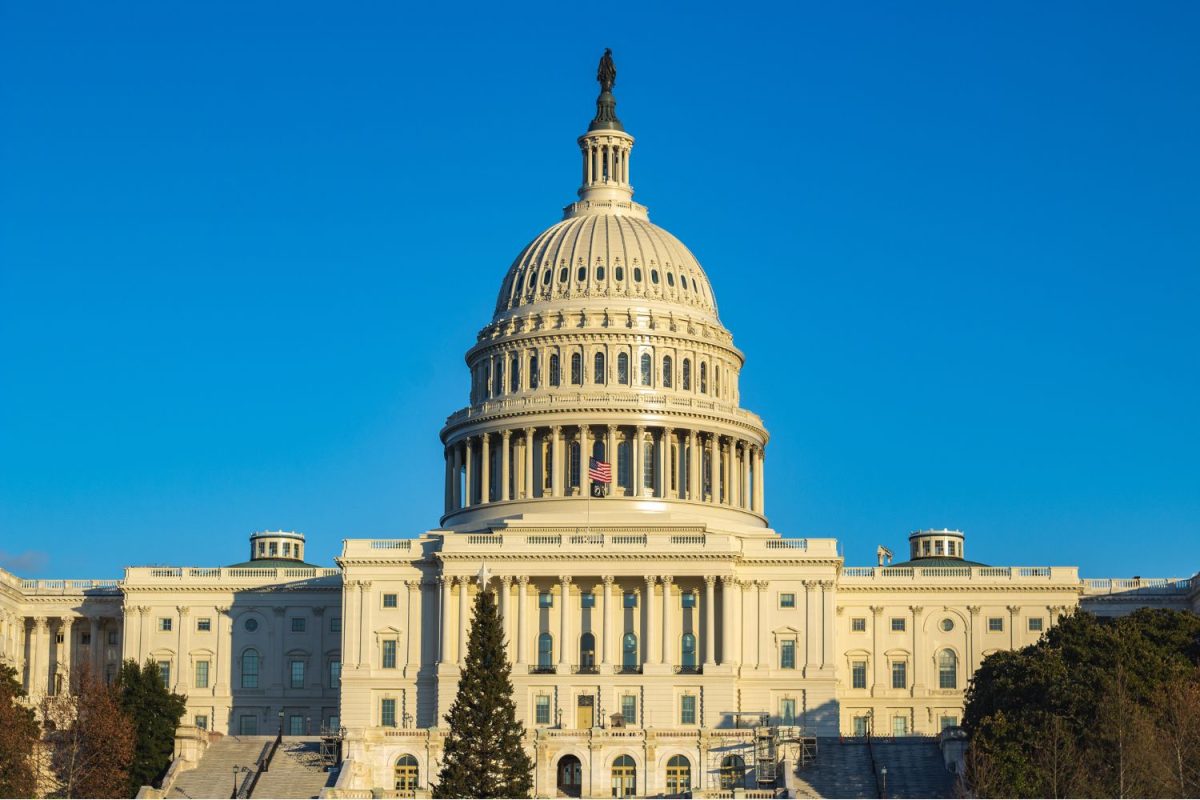66% of the U.S. population voted in the 2020 U.S. general elections. With 158.4 million ballots, voter turnout reached record numbers. While this seems like an optimistic increase in turnout, it still stands that 80 million people still did not vote that year. The U.S. lags behind other countries in terms of voter turnout.
The U.S. ranks 31st for turnout rate among the Organization for Economic Cooperation and Development (OECD) member countries and candidates, trailing behind countries like France, Germany, and Mexico.
There is a clear solution to increase voter turnout in the U.S.: mandatory voting. While this may seem like an unattainable proposition, 25 countries have adopted mandatory voting, including Australia, Belgium, and Peru.
Australia is a prime example of how compulsory voting benefits a country. Since implementing mandatory voting in 1924, 90% of registered citizens have voted in every federal election. Should someone not vote, they would face a fine of $20. This penalty is moderate but effective enough to encourage voting.
However, compulsory voting raises questions about constitutionality. Making voting compulsory turns it from a civic responsibility into a civic duty. No different from jury duty or participation in the census, voting would become a duty that all American citizens must carry out. Nowhere in the constitution is jury duty mentioned, yet questions are rarely raised about this duty’s constitutionality.
Additionally, many people choose not to vote because they feel their vote will not make a difference. As a result, these individuals tend to feel alienated from politics and, thus, continue not to vote. However, this self-perpetuating cycle could be halted if mandatory voting was implemented. People would be more engaged in the political process, diminishing the disconnect between citizens and government.
Mandatory voting also fosters a broad spectrum of voters. When voter turnout is low, the needs of American citizens are not accurately represented. This is especially true for marginalized groups who have faced institutional barriers to voting. Mandatory voting forces the government to break down these barriers and to let everyone have their equal right to vote.
“It would be transformative if everybody voted. The people who tend not to vote are young. They’re lower income. They’re skewed more heavily toward immigrant groups and minorities,” said President Barack Obama in 2015.
When voter turnout is higher, these groups gain more representation in government. In turn, policy initiatives tend to reflect their interests far more. A broader spectrum of political opinions would be expressed if more people went to the polls.
A true democratic government encompasses the opinions of all its citizens. Mandatory voting would do just that, giving voices to all citizens and ensuring that the government reflects the people.























Nate • Oct 26, 2023 at 1:42 pm
I think it is idealistic to presume that requiring voting will cause people to “be more engaged in the political process, diminishing the disconnect between citizens and government.” This opinion seems to be the result of shallow thinking.
To say requiring voting will give “voices to all citizens” ignores the fact that votes have the voice already.